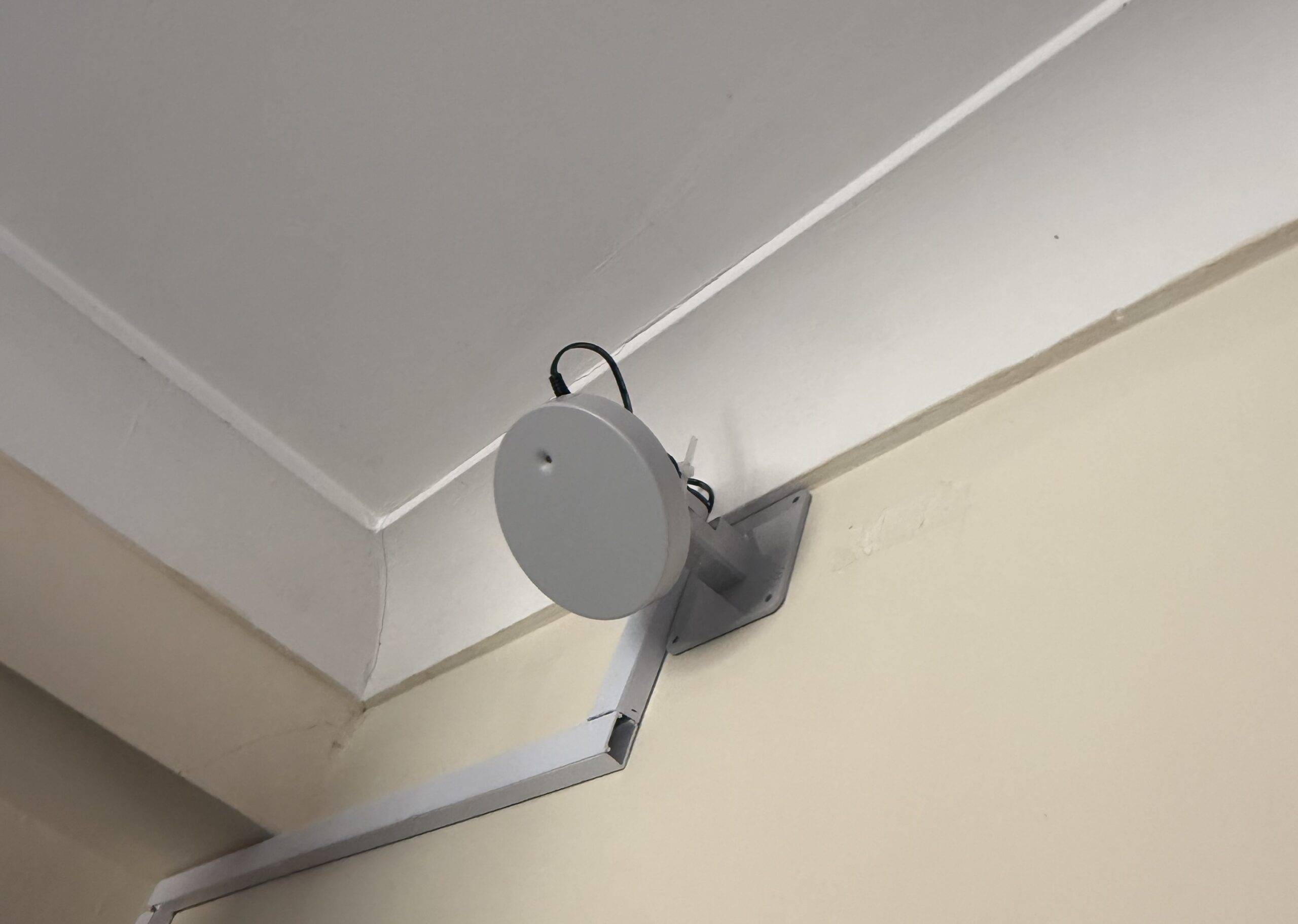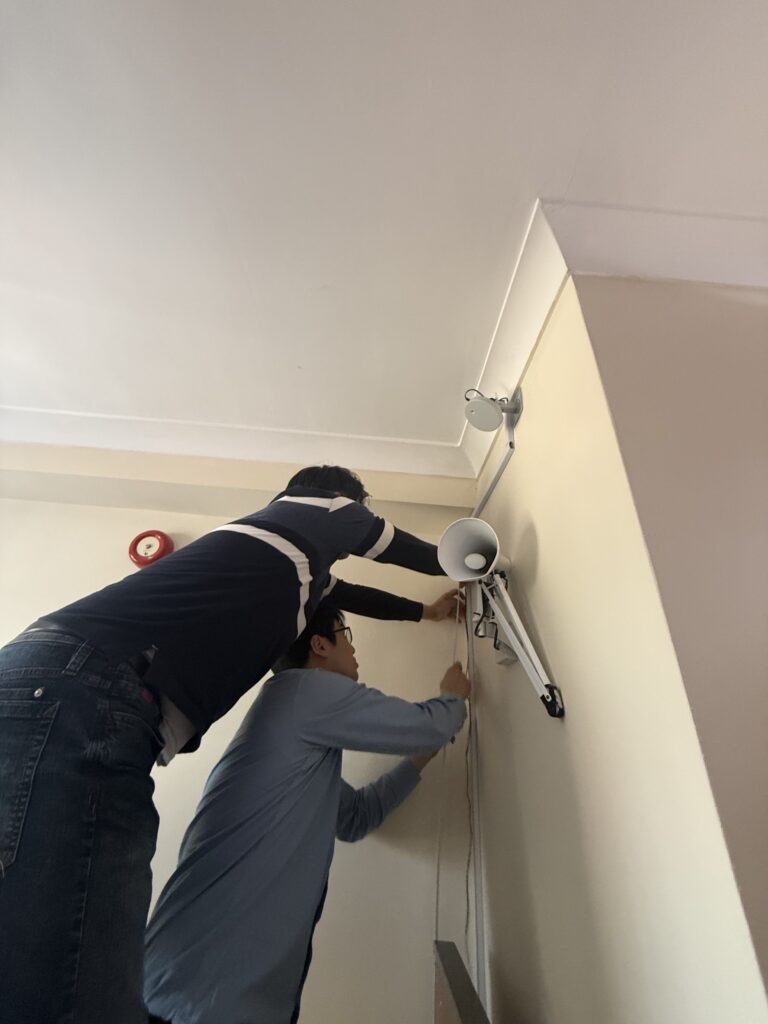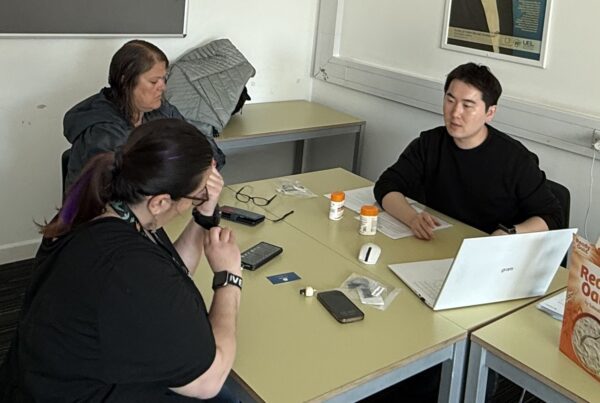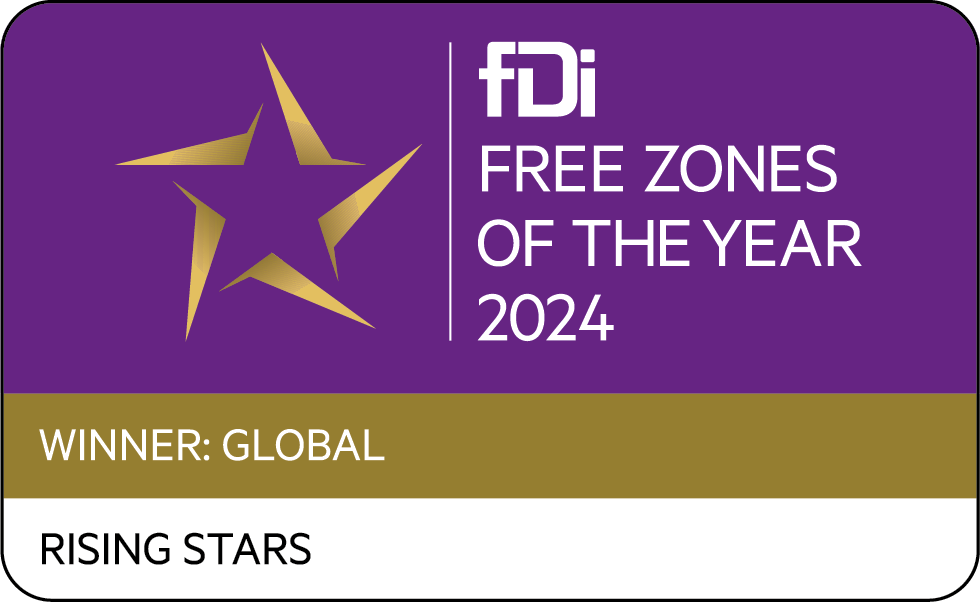
Older residents, particularly those living alone, are at high risk of falls, which are a leading cause of injury, hospital admissions and death. It is estimated that falls cost the NHS £2.3 billion every year. Existing technologies are designed to detect rather than predict falls, meaning opportunities are missed to take preventative action.
Most health and specifically falls tracking systems for the elderly involve wearables, which are not worn, or cameras, which compromise privacy.
JCFTechnology’s McKare system is a low-level radar sensor which can detect health metrics such as heart rate, respiratory rate, as well as room occupancy and movement patterns in a non-invasive way. The sensors are installed on the wall and monitor residents without the need for contact.
This means they can identify patterns in behaviour which might indicate increasing risk of a fall or onset of an illness or UTI, which helps care home staff to intervene early and prevent falls or minimise the impact of illness.
Testing the impact in Havering

JCFTechnology’s engineers installing McKare sensors in residents’ rooms at Abbcross Nursing Home.
Working with the Adult Social Care Accelerator, JCFTechnology are piloting the McKare technology at Abbcross Nursing Home in Havering. They were able to quickly install 10 sensors in 10 rooms and train staff to use their monitoring platform.
As well as preventing falls and saving the NHS money, the technology can create a better experience for residents and a more efficient service for care providers. Typically, care homes will operate a waking night service, where staff will enter residents’ rooms periodically to check on them. This can be disruptive to residents’ sleep and is a costly service to provide. Using the McKare technology, one staff member can monitor multiple residents without needing to enter the room to check on them. They will be alerted if anything out of the ordinary occurs.
The trial will continue for three months in order to prove the accuracy of the sensors, the impact on residents’ care, and the efficiency gains from the system.
To be able to spot fall risks ahead of them happening is incredibly valuable, not just for us and our residents, but for the NHS too.
Mike Armstrong, Managing Director Havering Care Homes
About the Adult Social Care Accelerator
As our over-65 population continues to expand and more of those individuals face chronic conditions that require long-term care, the UK care system faces increased pressure. We believe that technology can help ease this crisis by helping elderly people stay independent for longer and by reducing the burden on carers.
The Adult Social Care Accelerator is an innovation accelerator that tests new technologies from around the world with a network of forward-thinking care providers. The Accelerator scales the most impactful solutions across the care ecosystem by connecting corporates, local authorities, and the communities we serve.


